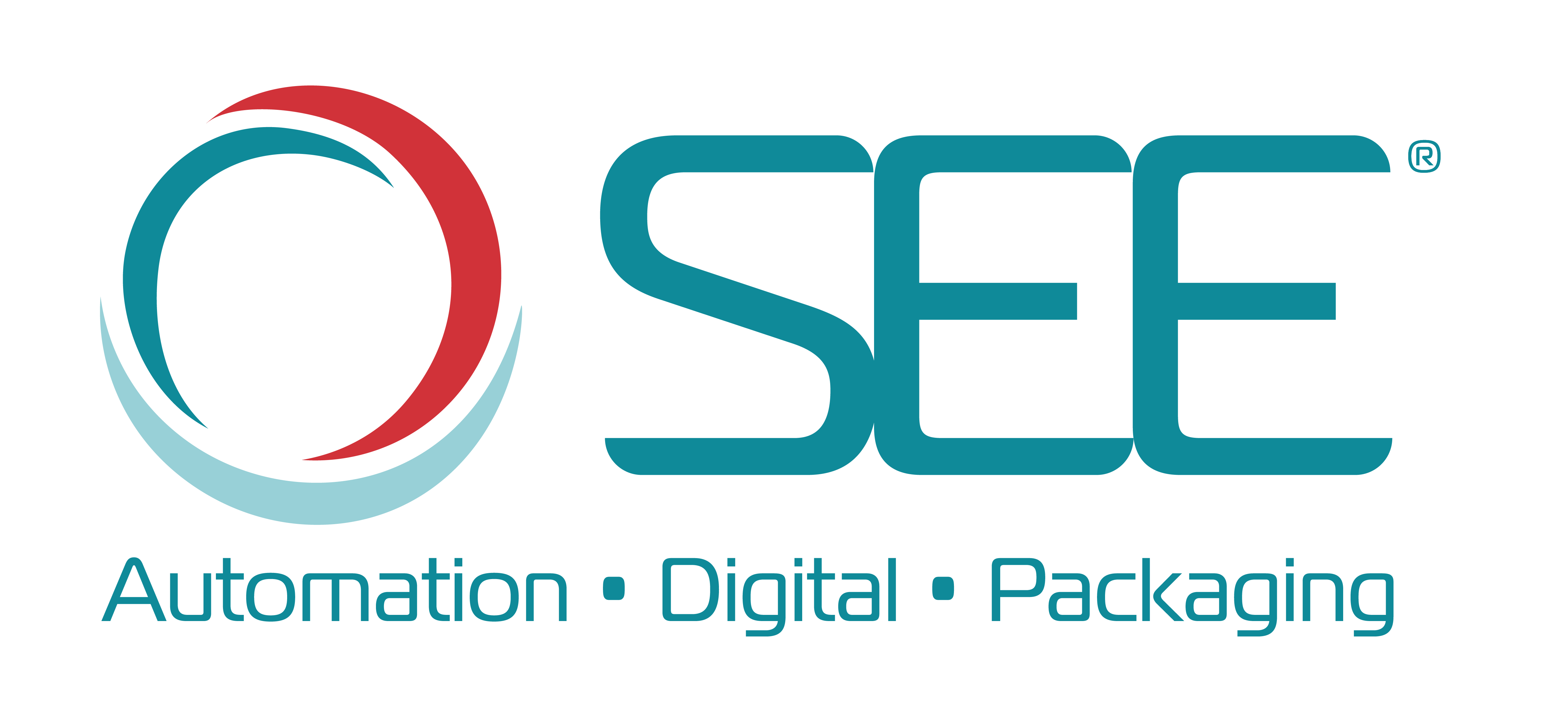Video: SEE® Creates Sustainability Beyond Our Oceans With Talley's
Sourced from New Zealand's pristine waters, the Talley's vertically integrated supply chain harvests and sources quality, wild-caught seafood to the world. What began as a small fishing business over 80 years ago is now one of the country's largest food production and supply groups.
For Talley's, keeping harvests fresh throughout the cold chain needs to be failproof — and it needs to be sustainable.
It's estimated that Kiwis throw away around 157,000 tons of food each year, including household waste and retail waste. According to the University of Otago, 19% of all retail food waste and food diversion in New Zealand is attributed to meat and seafood. Minimizing retail food waste requires food to be received in its freshest state, without any compromise to shelf life.
While expanded polystyrene (EPS) bins have been the industry go-to solution to keep seafood chilled during cold chain distribution, retailers across New Zealand are phasing out EPS in search of alternate solutions to yield better end-of-life outcomes.
"Solutions that enable better end-of-life recovery outcomes are a business imperative. Our commitment to sustainability spans beyond our oceans. EPS boxes are bulky to transport and store. In a typical year, we would have utilized over 180,000 EPS containers, which would occupy a footprint of approximately 6.760 cubic meters in landfill sites," says Greg Buckett, New Zealand Sales Manager for Talley's Seafood Division.
We presented Talley's with a solution that aligns with its eco-conscious values and meets industry and retailer requirements for recyclable packaging.
SEALED AIR® brand TempGuard insulated box liners are 100% curbside recyclable. Developed for the shipping of perishable and temperature-sensitive goods for up to 48 hours, the secondary packaging solution is made with a minimum of 80% recycled content. The only temperature assurance product in the New Zealand market that offers consumers a curbside-recyclable option, its padded format absorbs pack condensation while providing cushioning and product protection.
Originally published on SEE's website.

